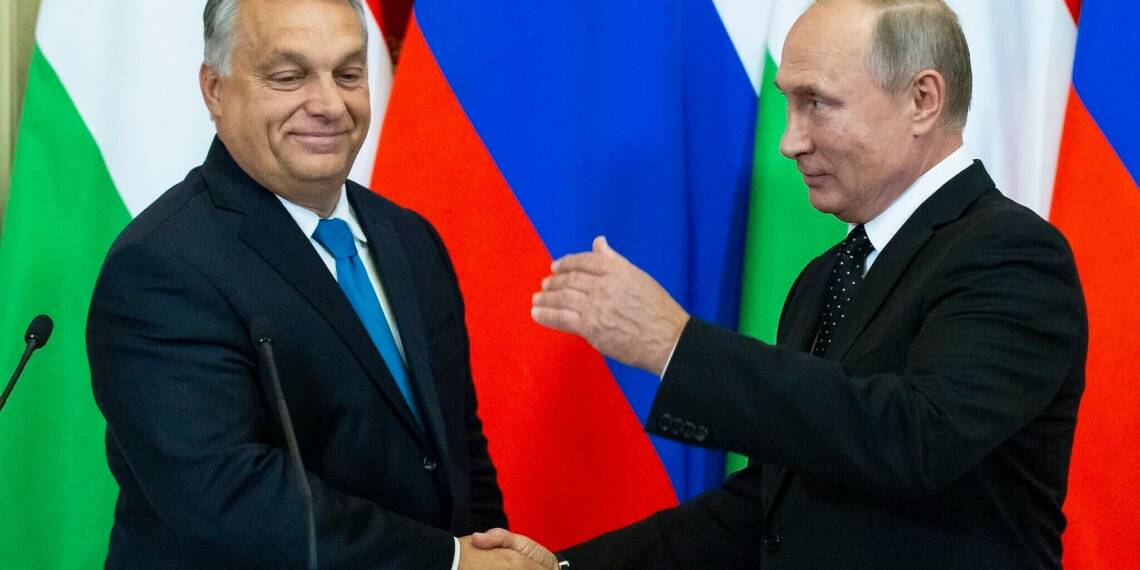The European Union is facing a significant challenge as Hungary, led by Prime Minister Viktor Orbán, threatens to veto the extension of economic sanctions against Russia. These sanctions, initially imposed in response to Russia Russia-Ukraine war, include asset freezes, trade restrictions, and energy price caps. Hungary’s opposition could undermine the EU’s unified stance and potentially unfreeze billions in Russian assets.
Hungary’s government has expressed concerns over the sanctions’ impact on its economy, particularly regarding energy supplies. The country remains heavily dependent on Russian oil and gas, making any EU-wide ban a contentious issue. Orbán has indicated that Hungary may block the sanctions unless specific exemptions or compensatory measures are introduced.
EU’s Response and Contingency Plans
In anticipation of Hungary’s potential veto, the European Commission is exploring alternative strategies to maintain pressure on Russia. One approach involves reframing the sanctions to require only a majority vote, bypassing the need for unanimous approval. This could include implementing national-level sanctions that individual member states can enforce independently. However, this method faces challenges, as not all EU countries have the legal frameworks to impose such measures unilaterally.
Additionally, the EU is considering financial incentives to persuade Hungary to align with the sanctions. The upcoming Repower EU strategy, aimed at reducing dependence on Russian energy, includes provisions for financial support to member states, including Hungary, to transition away from Russian oil. This could serve as a bargaining chip to secure Hungary’s cooperation.
Hungary and Orbán back Putin
Hungary has long been the EU’s most Russia-friendly member, and its repeated resistance to sanctioning Moscow is rooted in both practical and ideological reasons.
On a practical level, Hungary is heavily reliant on Russian energy. Around 80% of its gas and over half of its oil imports come from Russia. Sanctions that further restrict energy cooperation directly threaten Hungary’s economic stability and energy security. Orbán’s government argues that sanctioning Russian energy disproportionately hurts Hungarians without significantly altering the course of the war in Ukraine.
On an ideological level, Orbán has cultivated a strategic relationship with Russian President Vladimir Putin. He has often voiced skepticism about Western liberalism, aligning more closely with Putin’s nationalist, authoritarian model. Orbán has also accused Brussels of imposing “failed sanctions” and has questioned the EU’s approach to the war, suggesting that peace negotiations, not punitive measures, are the way forward.
Broader Implications
The EU’s efforts to circumvent Hungary’s veto highlight the complexities of maintaining a unified foreign policy within a diverse union. While some member states advocate for a more assertive approach against Russia, others, like Hungary, prioritize national interests and energy security. The outcome of this standoff will have significant implications for the EU’s credibility and its ability to enforce collective foreign policy decisions.
As the situation develops, EU leaders are closely monitoring Hungary’s stance and preparing for various scenarios to ensure that sanctions against Russia remain effective. However, Putin and Orbán are looking to manage a coup from right under the noses of the EU.








